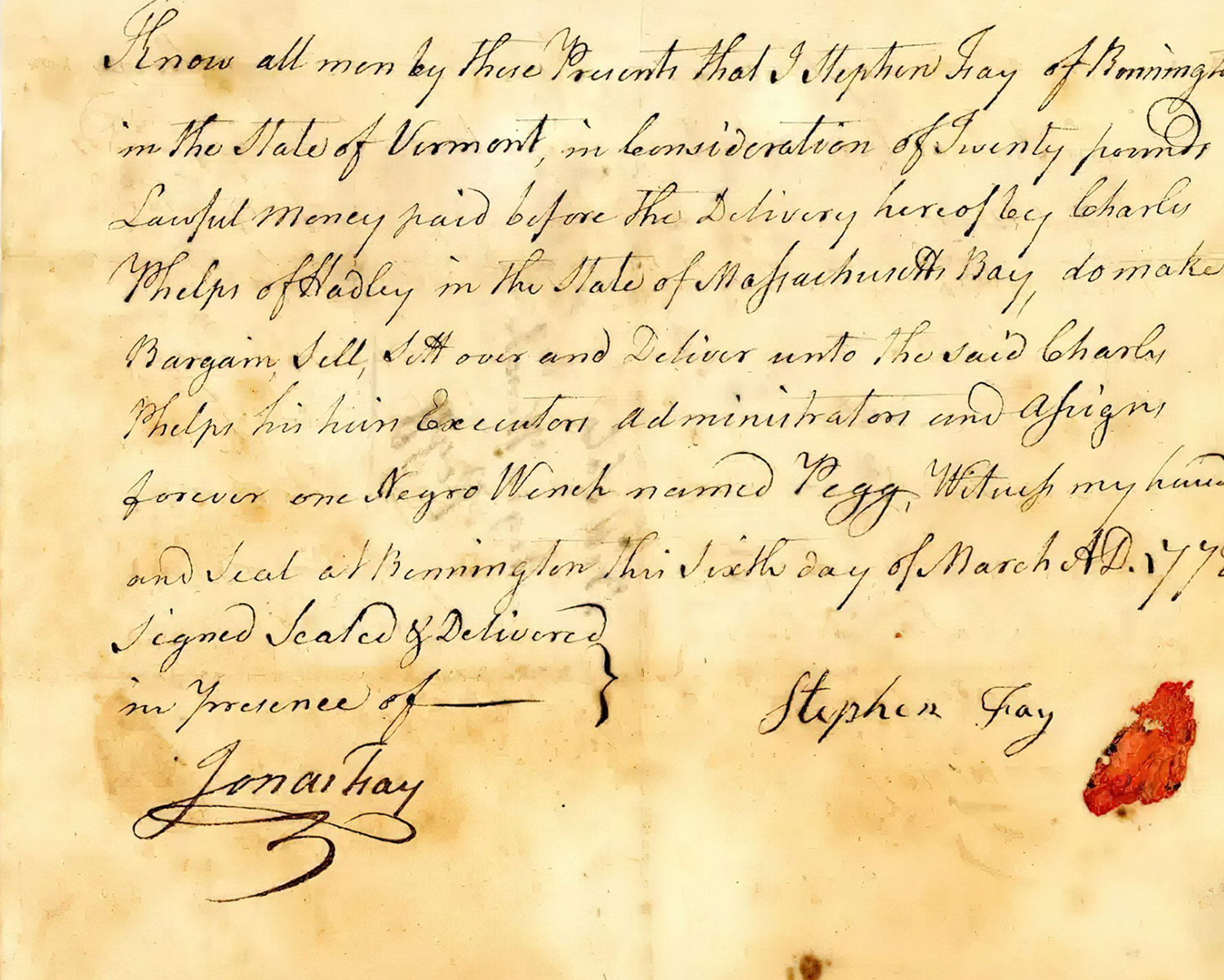Known for his distinctive voice and thought-provoking lyrics, Holland's influence during this decade was undeniable. The 90s marked a pivotal era for punk music, and Dexter Holland played a central role in its mainstream success. From the release of iconic albums to his unique blend of rebellion and intellect, Dexter Holland's contributions left a lasting mark on music history. This article dives deep into his journey, exploring how his work in the 90s shaped not only his career but also the broader landscape of punk rock.
During the 90s, Dexter Holland and The Offspring brought punk rock to the forefront of popular culture, blending catchy melodies with socially conscious lyrics. Songs like "Self Esteem" and "Come Out and Play" became anthems for a generation, resonating with fans who craved authenticity in a rapidly changing world. Holland's ability to connect with listeners through relatable themes like alienation, love, and societal pressures made him a standout figure in the music scene. Beyond his musical contributions, Dexter Holland's persona as a punk rock icon during the 90s continues to inspire fans and musicians alike.
What made Dexter Holland's rise in the 90s even more remarkable was his balance of music and academics. While leading one of the most successful punk bands of the decade, he also pursued a Ph.D. in molecular biology. This duality of punk rock rebel and academic scholar showcased Holland's versatility and added depth to his public persona. As we explore Dexter Holland's legacy in the 90s, we’ll uncover how his music, personal achievements, and cultural impact made him a defining figure of the era.
Read also:Discover The Best Deals At Dollar Store Chesterfield Your Ultimate Shopping Guide
- Biography: Who is Dexter Holland?
- Personal Details and Bio Data
- What Was Dexter Holland's Musical Journey in the 90s?
- Which Albums Defined Dexter Holland's 90s Era?
- How Did Dexter Holland Shape Punk Rock in the 90s?
- What Themes Did Dexter Holland Explore in His Lyrics?
- How Did Dexter Holland Balance Music and Academics in the 90s?
- What is Dexter Holland's Cultural Legacy from the 90s?
- Why Did Fans Connect with Dexter Holland in the 90s?
- How Did the 90s Influence Dexter Holland's Future?
Biography: Who is Dexter Holland?
Dexter Holland, born Bryan Keith Holland on December 29, 1965, in Garden Grove, California, is best known as the lead vocalist and guitarist of The Offspring. His journey from a small-town kid to a punk rock icon is a story of passion, perseverance, and innovation. Holland's early exposure to music and his rebellious spirit set the stage for his rise in the 90s. Growing up in Southern California, he was deeply influenced by the punk rock scene, which shaped his musical style and lyrical themes.
Personal Details and Bio Data
| Full Name | Bryan Keith Holland |
|---|---|
| Date of Birth | December 29, 1965 |
| Place of Birth | Garden Grove, California, USA |
| Profession | Singer, Songwriter, Guitarist, Entrepreneur |
| Band | The Offspring |
| Education | University of Southern California (Molecular Biology) |
| Notable Achievements | Multi-platinum albums, Ph.D. in Molecular Biology |
What Was Dexter Holland's Musical Journey in the 90s?
The 90s were a transformative decade for Dexter Holland and The Offspring. The band's breakthrough came with the release of their third studio album, *Smash*, in 1994. This album not only catapulted them to international fame but also became one of the best-selling independent albums of all time. Holland's songwriting during this period reflected the struggles and triumphs of everyday life, making his music relatable to a wide audience. His dynamic stage presence and vocal delivery became synonymous with the punk rock movement of the 90s.
Which Albums Defined Dexter Holland's 90s Era?
Dexter Holland's 90s discography is marked by several iconic albums that defined the punk rock genre. Here are the most notable ones:
- *Smash* (1994): This album featured hits like "Come Out and Play" and "Self Esteem," which became anthems for a generation.
- *Ixnay on the Hombre* (1997): Known for tracks like "All I Want" and "The Meaning of Life," this album showcased Holland's growth as a songwriter.
- *Americana* (1998): Featuring the hit "Pretty Fly (For a White Guy)," this album solidified The Offspring's place in mainstream music.
How Did Dexter Holland Shape Punk Rock in the 90s?
Dexter Holland's influence on punk rock in the 90s cannot be overstated. By blending punk's raw energy with catchy hooks and introspective lyrics, he helped bring the genre into the mainstream. Holland's ability to address social issues like conformity, inequality, and identity resonated with fans worldwide. His work during the 90s not only elevated The Offspring but also inspired countless musicians to explore punk rock's potential as a platform for meaningful expression.
What Themes Did Dexter Holland Explore in His Lyrics?
Dexter Holland's lyrics in the 90s were characterized by their depth and relatability. Common themes included:
- Alienation and social isolation
- The struggles of adolescence
- Love and heartbreak
- Social and political commentary
How Did Dexter Holland Balance Music and Academics in the 90s?
One of the most fascinating aspects of Dexter Holland's life in the 90s was his dual commitment to music and academics. While touring and recording with The Offspring, Holland pursued a Ph.D. in molecular biology at the University of Southern California. His academic pursuits demonstrated his intellectual curiosity and set him apart from many of his peers in the music industry. This unique balance of punk rock rebellion and scholarly dedication added another layer to his persona as a multifaceted artist.
Read also:Wku Vs Toledo A Comprehensive Guide To The Rivalry And Key Insights
What is Dexter Holland's Cultural Legacy from the 90s?
Dexter Holland's cultural impact in the 90s extends beyond his music. He became a symbol of authenticity and resilience, embodying the spirit of punk rock while challenging societal norms. His ability to connect with fans on a personal level and his contributions to the genre's evolution ensured that his legacy would endure long after the decade ended. The phrase "dexter holland 90s" remains synonymous with a transformative era in music history.
Why Did Fans Connect with Dexter Holland in the 90s?
Fans connected with Dexter Holland because of his genuine approach to music and life. His lyrics spoke to the struggles and aspirations of everyday people, while his down-to-earth personality made him relatable. Holland's dedication to his craft and his willingness to address real-world issues resonated deeply with audiences, making him a beloved figure in the 90s punk rock scene.
How Did the 90s Influence Dexter Holland's Future?
The 90s laid the foundation for Dexter Holland's future success and influence. The lessons he learned during this decade—both musically and personally—shaped his approach to art and life. Holland's ability to adapt and innovate while staying true to his roots has kept him relevant in the music industry. The legacy of "dexter holland 90s" continues to inspire new generations of fans and musicians, proving that his impact was far more than just a fleeting trend.
In conclusion, Dexter Holland's journey in the 90s was a remarkable blend of musical innovation, personal growth, and cultural influence. His contributions to punk rock and his unique ability to balance music with academics made him a standout figure of the decade. As we reflect on his legacy, it's clear that Dexter Holland's impact in the 90s will continue to resonate for years to come.

